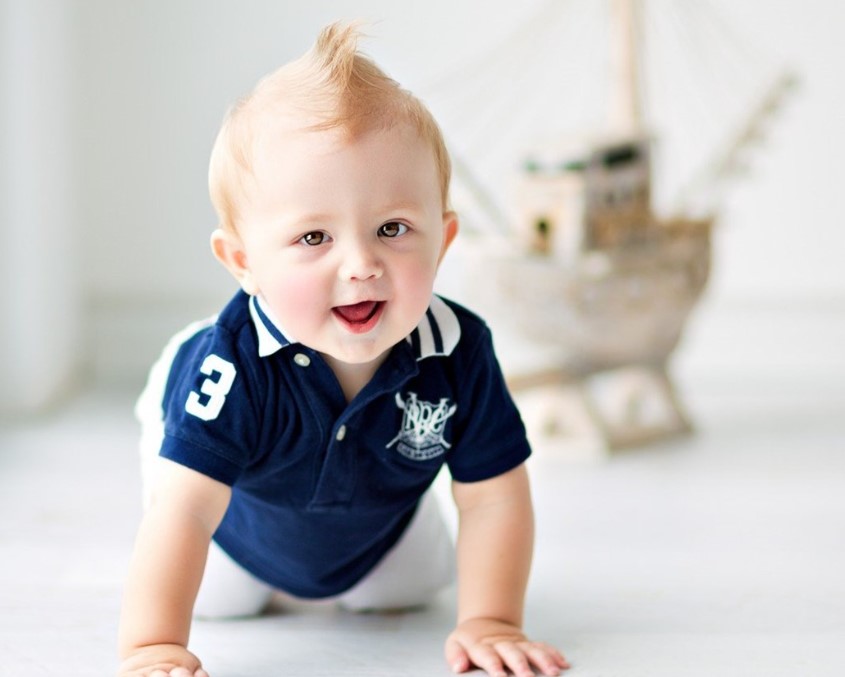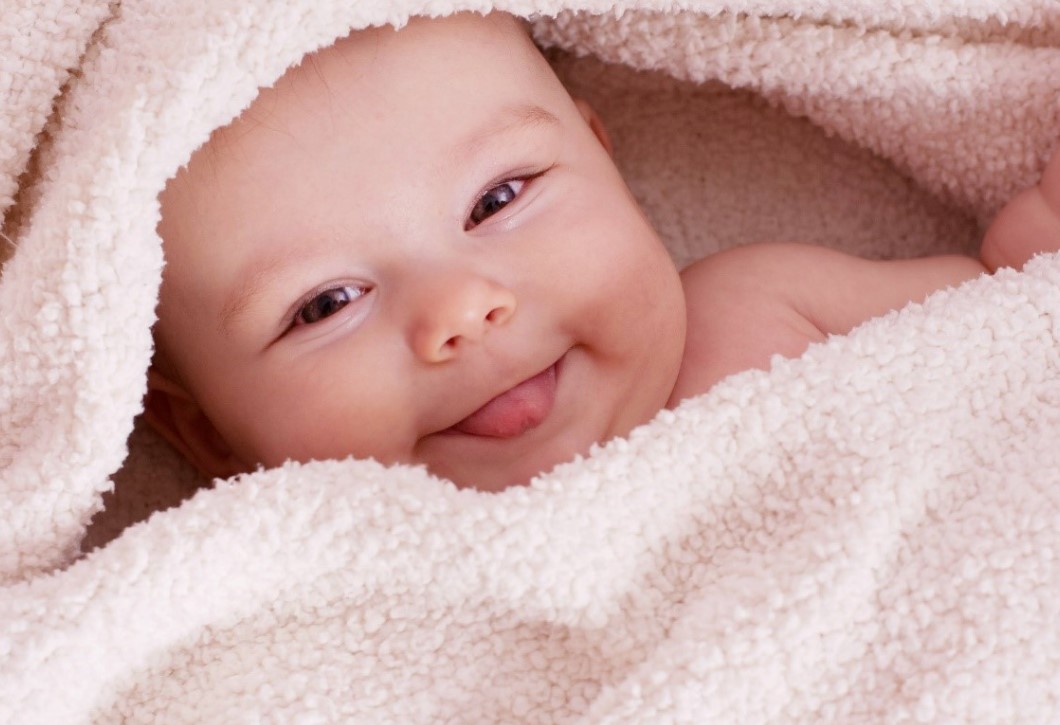How Old is Too Old to Have a Baby? Generally speaking, it is not uncommon for women to become pregnant after their 40s, but some medical conditions can harm a baby. For instance, Preeclampsia, chromosomal abnormalities, and medical conditions like obesity can interfere with a woman’s ability to become pregnant.
Infertility declines with age
Despite popular health claims, there is no scientific proof that the infertility declines with age. The CDC, for instance, defines infertility as not being able to get pregnant after one year of trying.
There are many factors that affect fertility. Some are genetic, such as endometriosis or tubal blockage. Others are non-genetic, such as age.
The best way to find out when your fertility is declining is to get a comprehensive reproductive health evaluation. This may involve a test called the COVID-19. Many women find that their fertility has decreased by a significant amount, especially after age 35. They should receive more aggressive treatment to boost their chances of conception.
The good news is that most women know about their reproductive age, and that their fertility is likely to be declining. But they aren’t aware of how to prepare for this. It’s time to educate them.
Chromosome abnormalities cause early miscarriages

Approximately 40 to 50% of miscarriages are caused by chromosome abnormalities. These abnormalities are inherited from either one or both parents. They affect the development of the baby and may also be the cause of miscarriage.
Abnormal embryonic karyotypes are very common in the first trimester of pregnancy. A pregnant woman is considered to have an abnormal embryo if it has more than 23 pairs of chromosomes.
Cytogenetics can detect these abnormalities. For example, a monosomy X fetus has 45 chromosomes instead of the usual 46. These fetuses have a high risk of congenital disorders, such as Down syndrome. However, they may survive outside of the womb for a short time.
These chromosome abnormalities can be detected using chromosomal microarray technology. This technology can also detect polyploidy.
Preeclampsia rates tend to be higher among women in their 30s
During pregnancy, a pregnant woman may experience high blood pressure. This condition is known as preeclampsia and can be a life-threatening condition. It may cause liver failure, kidney failure, and stroke. It may also cause birth defects in the baby.
One study surveyed 6,000 women and found that pregnant women in their 30s were more likely to experience a preeclampsia-related incident. These women were also more likely to have a preterm birth, which is associated with a host of complications. This may be due to an unhealthy lifestyle, a lack of affordable health care options, or a combination of the two.
The Dutch did a similar study and found that pregnant women in their 30s are more likely to experience a number of other health problems. This includes a higher chance of having a low birth weight baby, having a premature delivery, and having a baby that sucks its weight in half. The study also found that women in this age group are more likely to have a twin pregnancy. This is due to the fact that women in this age group tend to release more than one egg during a menstrual cycle.
Medical conditions can harm a baby
Having a baby is great, but if your body is not in tip top shape, you may be putting your unborn child at risk. Medical conditions can affect the growth of your baby and may be accompanied by other unwelcome side effects. Your healthcare provider can help you decide if it is in your best interests to have a baby.
There are several medical conditions that can harm your baby, but most of them are minor and not likely to affect your baby in the long run. If you want to reduce the risk of your baby getting a medical condition, avoid smoking, avoid consuming alcohol, and make sure you get enough vitamin D. If you have high blood pressure or diabetes, your baby may be at higher risk for a variety of health problems, including birth defects.
Egg freezing
Getting pregnant naturally is becoming harder and harder. Many women start having fertility problems in their mid-40s. Assisted reproductive technologies, such as egg freezing, can help make it possible to get pregnant later in life.
Egg freezing can be a good option for older women, but not everyone is a candidate for it. For example, women who are married at a later age may decide to freeze their eggs as a way to start a family.
Ideally, the best time to freeze eggs is in your early 30s. This is because women who freeze eggs at this age have better success rates. However, it is important to remember that not all eggs are fertile. Some won’t fertilize at all, and others will fertilize abnormally.
Some doctors and clinics will recommend a certain number of eggs to be frozen. For example, women in their late 30s may want to freeze 10 eggs. This may give them a 20% to 15% chance of pregnancy.




